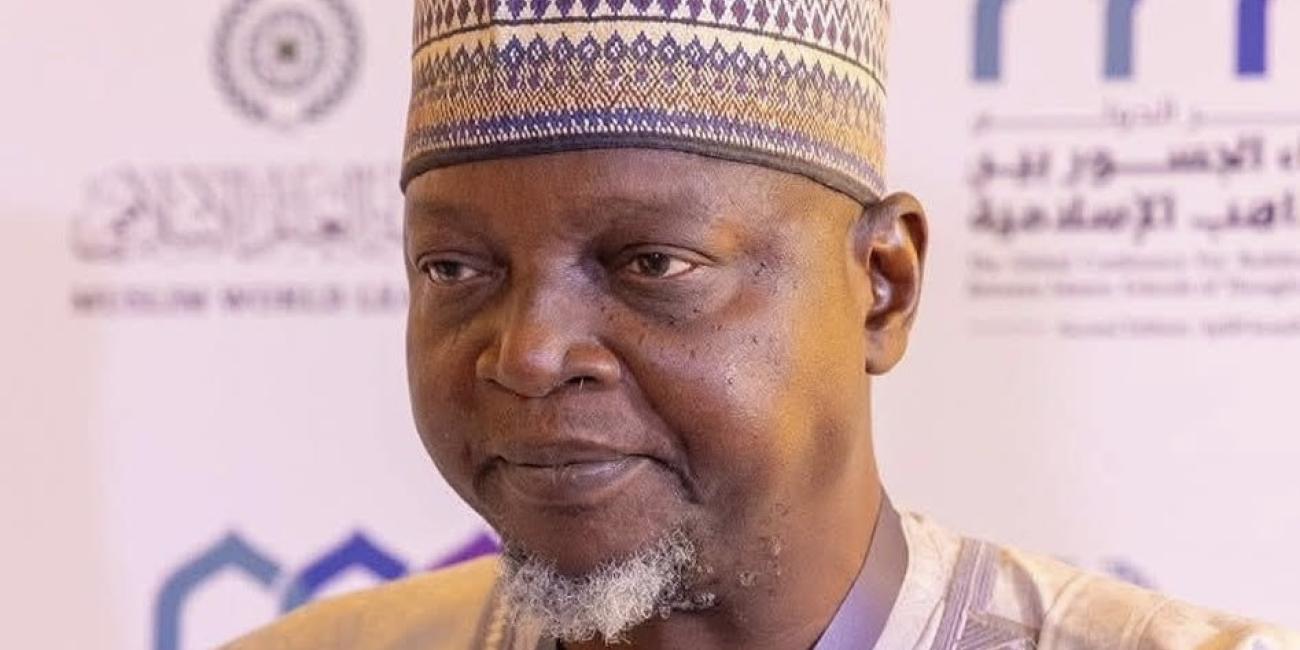
The Hadith that says "whoever changes his religion should be killed" is true and is not against the Quran - Islamic cleric, Ibrahim Jalo Jalingo

On April 12, 2025, a controversial statement shared via an X post by Naija_PR stirred significant online debate.
The post highlighted remarks by Sheikh Dr. Ibrahim Jalo Jalingo, a well-known Nigerian Islamic cleric and the National Chairman of the Council of Ulama’Jibwis Nigeria.
According to the post, Jalingo asserted that a specific Hadith, which declares that "whoever changes his religion should be killed," is authentic and does not contradict the teachings of the Quran.
This declaration has reignited a long-standing and sensitive discussion surrounding apostasy within Islamic theology and its implications in modern society, particularly in a religiously diverse nation like Nigeria.
Jalingo’s position aligns with a classical interpretation of Islamic jurisprudence, where certain Hadiths—sayings attributed to the Prophet Muhammad—are used to justify severe punishments for apostasy, the act of abandoning Islam.
He reportedly argued that the Quran itself permits such measures, even extending to the killing of polytheists, and dismissed claims that this Hadith contradicts Quranic teachings as ignorance.
However, this stance sharply contrasts with more progressive interpretations of Islamic law.
For instance, some scholars point to Quranic verses like Q.2:256, which famously states, "There is no compulsion in religion," as evidence that Islam fundamentally supports freedom of belief.
These scholars argue that the Hadith in question may have been context-specific, applied historically to cases of treason or sedition rather than a mere change in personal faith.
Others, however, claim that earlier, more lenient verses like Q.2:256 were abrogated by later revelations, thus justifying stricter measures against apostates.
The X post quickly gained traction, eliciting a wide range of responses from users. Some expressed shock and dismay, with one user,
@PT_DavidFab, suggesting that such rhetoric could be interpreted as justifying violence against Christians, a significant minority in Nigeria.
Others, like @Cleopatra, used sarcasm to critique the statement, commenting, "It’s a religion of peace, and if you don’t agree with them, you rest in peace."
These reactions underscore the deep-seated religious tensions in Nigeria, a country where Muslims and Christians each make up roughly half the population, alongside a smaller percentage of Indigenous worshippers.
Historical conflicts, such as those fueled by the Boko Haram insurgency since 2009, have claimed thousands of lives, particularly targeting Christians, and statements like Jalingo’s risk exacerbating these divides.
The ongoing debate reflects broader questions about religious freedom, the interpretation of Islamic texts, and the challenge of fostering coexistence in a multi-faith society.


